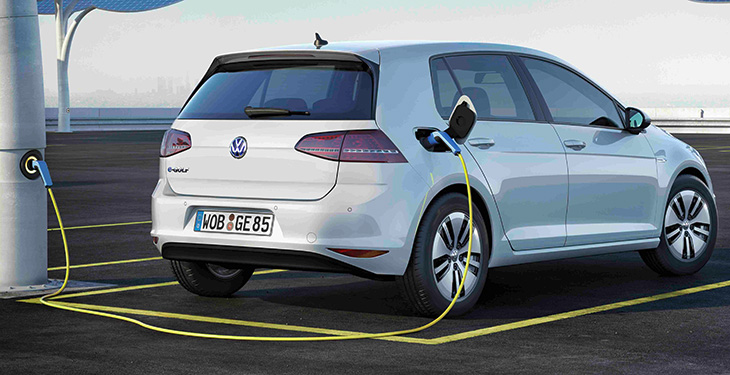The European Commission has approved the project through which MOL and E.ON will build a European-based charging network for electric cars in Eastern Europe. Romania is on the list of the beneficiary countries and the project will have a total value of about 22 million euros. Approximately 18-19 million euros will be received from the EU.
The European Commission selected for funding the NEXT-E consortium project, which aims to install a charging network for electric cars in several Central and Eastern European countries. The NEXT-E consortium is composed of the MOL Group, E.ON and other partners that have initiated a project that includes installing and managing of over 250 ultra-fast charging electrical outlets (at least 150 kW) and fast charging (50 kW). The outlets will be located on motorways, at distances of no more than 150 kilometers from each other. The beneficiary countries are the Czech Republic, Slovakia, Slovenia, Hungary, Croatia and Romania.
This is one of 152 transport projects at EU level for which the European Commission has approved the allocation of 2.7 billion euros. “We welcome the support of the European Commission and we look forward to discussing the details with the EC and our partners”, said the MOL Group spokesman.
Recently, the European Commission has approved 2,7 billion eruos of investments in 152 key transport projects that support competitive, green and interconnected mobility in Europe. According to a release distributed by the EC on June 23rd, the European Executive has thus chosen to implement the commitments made in the Investment Plan for Europe and those in the field of connectivity at European level.
The EC has specified that the selected projects will contribute to the modernization of the railway lines, the elimination of traffic jams and the improvement of the cross-border connections, the installation of alternative fueling points and the implementation of innovative traffic management solutions. The investment is being made under the Europe Interconnection Mechanism, the EU’s financial mechanism to support the infrastructure networks and will unlock 4,7 billion euros in public and private co-financing.

